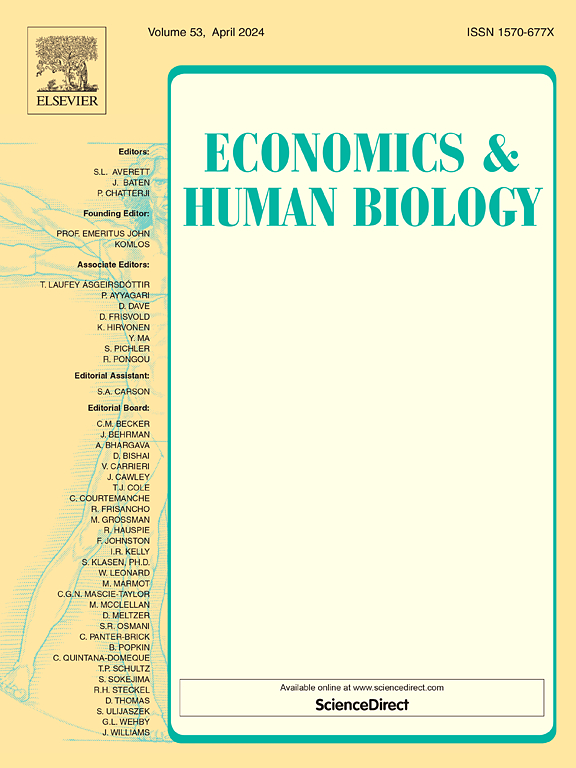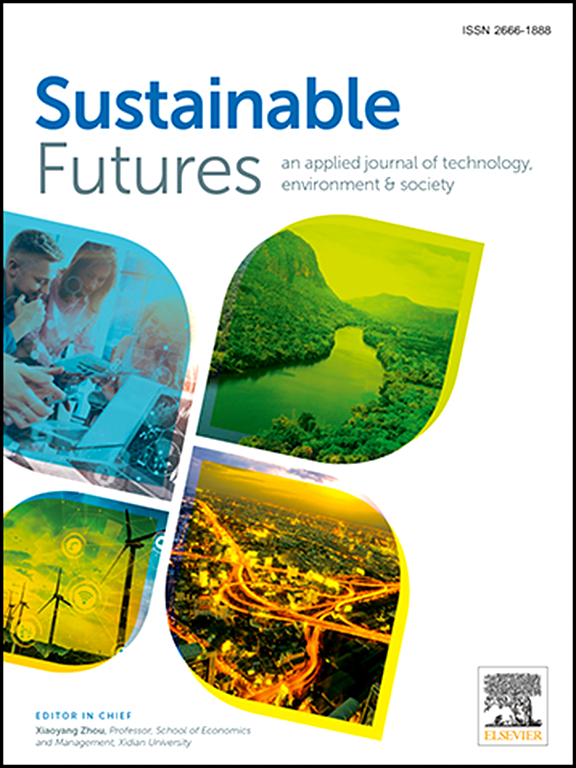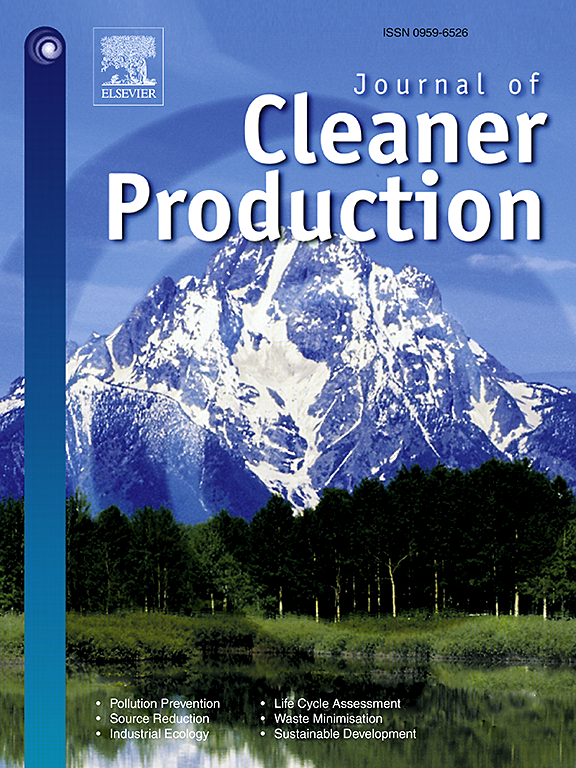The presentation will take place in a hybrid format via zoom interface or in person in the seminar room T.4.23 KTI on 21.11.2024, from 13.00.
Speaker: Sunčica Vujić
BIO: Sunčica Vujić is a Professor of Economics at the University of Antwerp. She holds affiliations with the VU University Amsterdam and the University of Bath. She is a Research Fellow at the IZA – Institute of Labor Economics and the Global Labor Organization (GLO). Her research interests are in the fields of applied econometrics and labour economics, focussing on crime, education, gender, discrimination, and pro-social behaviour. She serves the community as a secretary of the Executive Committee of the European Society of Population Economics (ESPE). She holds a Ph.D. in economics from the VU University Amsterdam. She will be visiting KTI in the period October 1, 2024 to January 31, 2025.
Title: Refugee exposure and polarisation: Poland in the aftermath of the Russia-Ukraine War
Joanna Clifton-Sprigg, Ines Homburg, Sunčica Vujić
Abstract: This paper examines the impact of immigration on electoral outcomes. Exploiting a unique natural experiment, we research parliamentary electoral outcomes in Poland following the 2022 inflow of Ukrainian refugees. We exploit the variation in hosted refugees across counties in the western part of Poland and utilize a shift-share instrument based on the past settlement of Ukrainian immigrants. We find a negative association between the refugee inflow and the vote share for the right-wing incumbent Law and Justice party. We also find increased support for far-right political groups and the left-wing coalition, indicating a polarisation of political preferences. We provide suggestive evidence that this is driven by changing voter preferences, increased election participation, and a small change in natives’ internal mobility patterns. This suggests that, on the one hand, interaction between natives and refugees can reduce prejudice and improve attitudes toward immigrants. On the other hand, exposure to refugees, even when from a culturally and geographically similar background, can still be associated with natives’ backlash.






